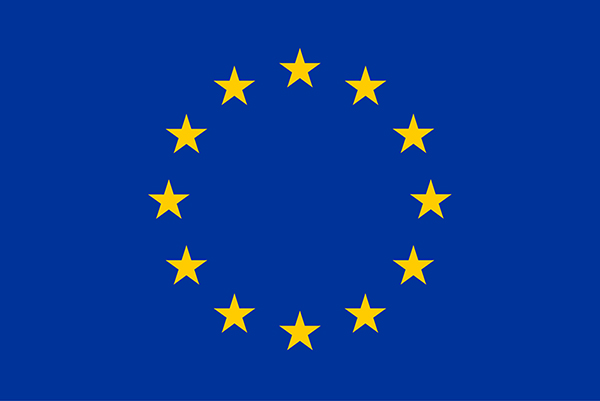GenTIC organises a public lecture by Ioana-Elena Oană, Research Fellow at the Department of Political and Social Sciences of the European University Institute (EUI), to provide an overview of Qualitative Comparative Analysis (QCA) and fuzzy sets.
When: Monday, November 14, 2022
Time: 17:00 – 18:00 h
Venue: Can Jaumandreu (C/ Perú, 52, Barcelona)
Language: English
Registration: To take part in this seminar, please register at this link before November 11, 2022 (limited seats are available).
Abstract:
Qualitative Comparative Analysis (QCA) enables researchers to model causal complexity by analyzing whether different configurations of conditions are necessary or sufficient for an outcome, based on a formalized comparison of intermediate to large numbers of cases. The central aim of this lecture is to familiarize the participants with QCA by touching upon the basics of set-theoretic methods, the epistemology of method, and how it compares to other standard qualitative and quantitative social scientific research designs. The lecture will briefly discuss the notion of sets, notions of necessity and sufficiency, and showcase these using an applied social science example.
Dr. Ioana-Elena Oană
Research Fellow at the Department of Political and Social Sciences of the European University Institute (EUI) where she is currently working on political behavior in European crises within the framework of the SOLID project led by Prof. Hanspeter Kriesi. Ioana-Elena Oană completed her PhD in Comparative Politics at Central European University in Budapest on policy responsiveness to collective mobilization. She is the main developer of the R package SetMethods and has extensive experience in teaching research design, R, and QCA at various international methods schools and universities (ECPR Methods Schools, Lund University, University of Helsinki, EUI, etc.). She has also co-authored with Carsten Q. Schneider and Eva Thomann the book Qualitative Comparative Analysis with R: A Beginner’s Guide (Cambridge University Press 2021). Regarding research methodology, besides general research design and QCA, Ioana-Elena Oană’s work also involves semi-automated protest event analysis and survey experiments. Substantively, her main research interests include political behavior, political participation and mobilization, political representation, and opinion formation.
 This event is organized in the framework of the INSPIRE project, funded by the European Union’s Horizon Europe research and innovation programme under grant agreement No 101058537.
This event is organized in the framework of the INSPIRE project, funded by the European Union’s Horizon Europe research and innovation programme under grant agreement No 101058537.
Photo by Markus Spiske on Pexels.
